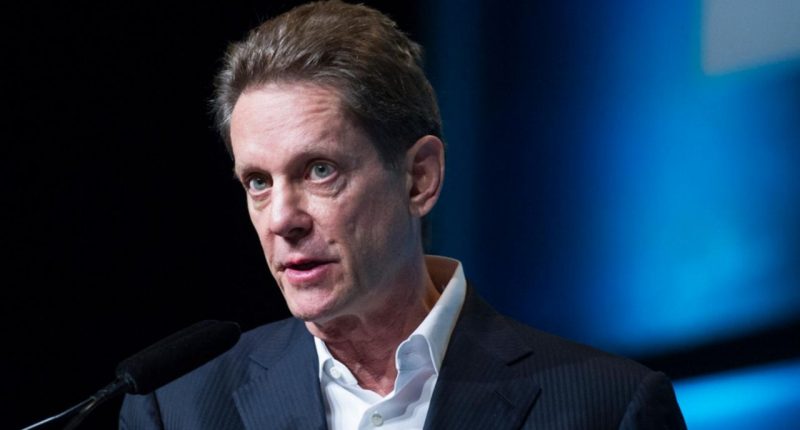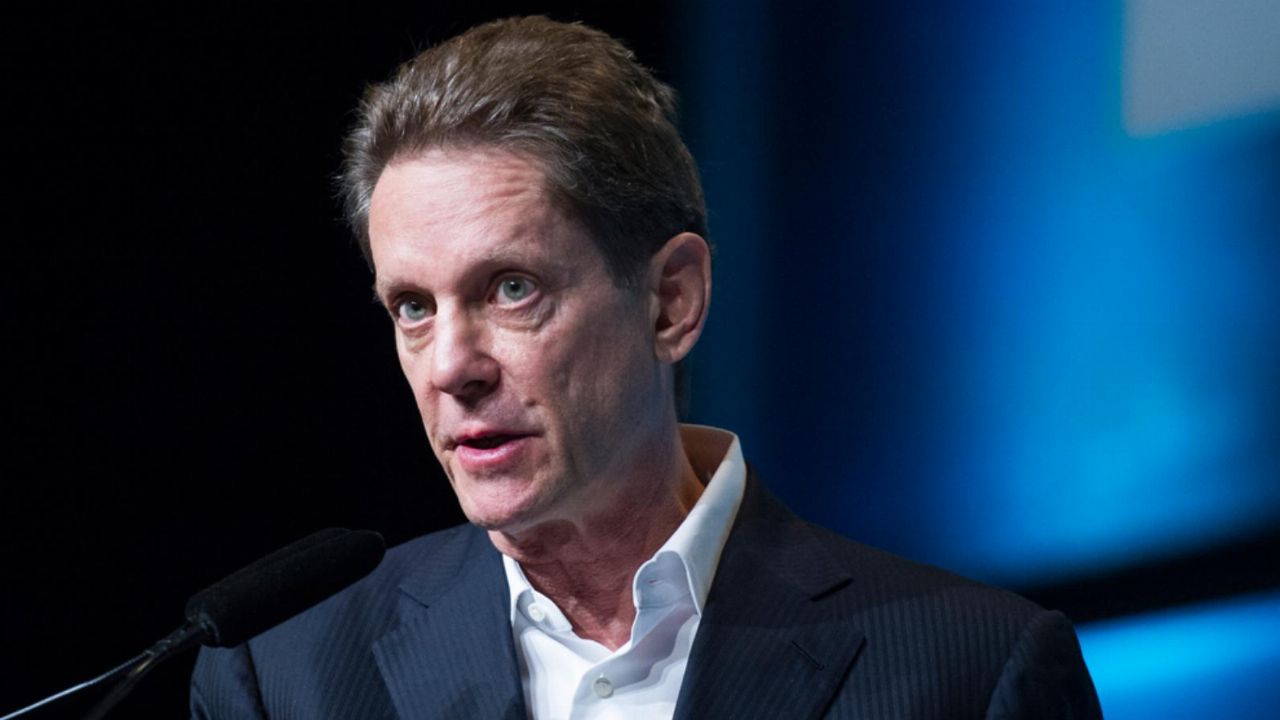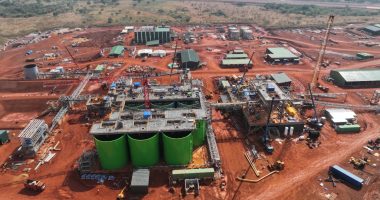- Clean TeQ Holdings (CLQ) is hoping the recent surge in European electric car sales bodes well for its Sunrise polymetallic project
- Following a COVID-induced decline in China, Europe recently became the largest electric car market, reaching half million cars sold in the first six months of 2020
- As the project houses one of the largest cobalt deposits outside of Africa, a key material in battery production, the company considers the rise in electric vehicle sales a positive sign for the site’s economics
- That said, a more updated picture of the project’s logistics will be available in September, when the company’s releases its final execution plan
- Clean TeQ Holdings (CLQ) is up 13.3 per cent and is trading at 17 cents per share
Clean TeQ Holdings (CLQ) is hoping the recent surge in European electric car sales bodes well for its Sunrise polymetallic project.
The project, located in the Australian state of New South Wales, houses one of the largest cobalt deposits outside of Africa, as well as a number of key materials for the emerging battery metals industry.
Following a COVID-induced decline in China, Europe became the largest electric car market, reaching half million cars sold in the first six months of 2020.
In the context of tightening emission restrictions in the region, Clean TeQ has taken this as a good sign for the long-term price of battery metals and, in turn, a strong endorsement of the project overall.
Co-Chairman of Clean TeQ Robert Friedland said the company was sitting at the foot of an enormous wave that is gathering momentum.
“The transition to cleaner and more efficient forms of energy is inexorable. It always has been. What is rarely understood is the profound impact these transitions have on supply chains and raw materials.
“In renewable energy, the global mining industry has yet to fathom the scale of the challenge it faces. And, at least for now, it fails to comprehend the strategic significance of assets, like Sunrise, that are critical to enabling these new energy technologies,” he said.
However, the site’s previous definite feasibility study, completed in 2018, was recently thrown unto question when the initial cost of the project jumped around 30 per cent to $2.16 billion in the company’s most recent updates assessment.
The higher capital development costs came alongside a longer development schedule, but the company maintains its confidence in the project, nonetheless.
A more accurate picture of the project’s logistics will be available in September, when Clean TeQ releases its final execution plan, with a full economic evaluation in tow.
Clean TeQ Holdings (CLQ) is up 13.3 per cent and is trading at 17 cents per share.





